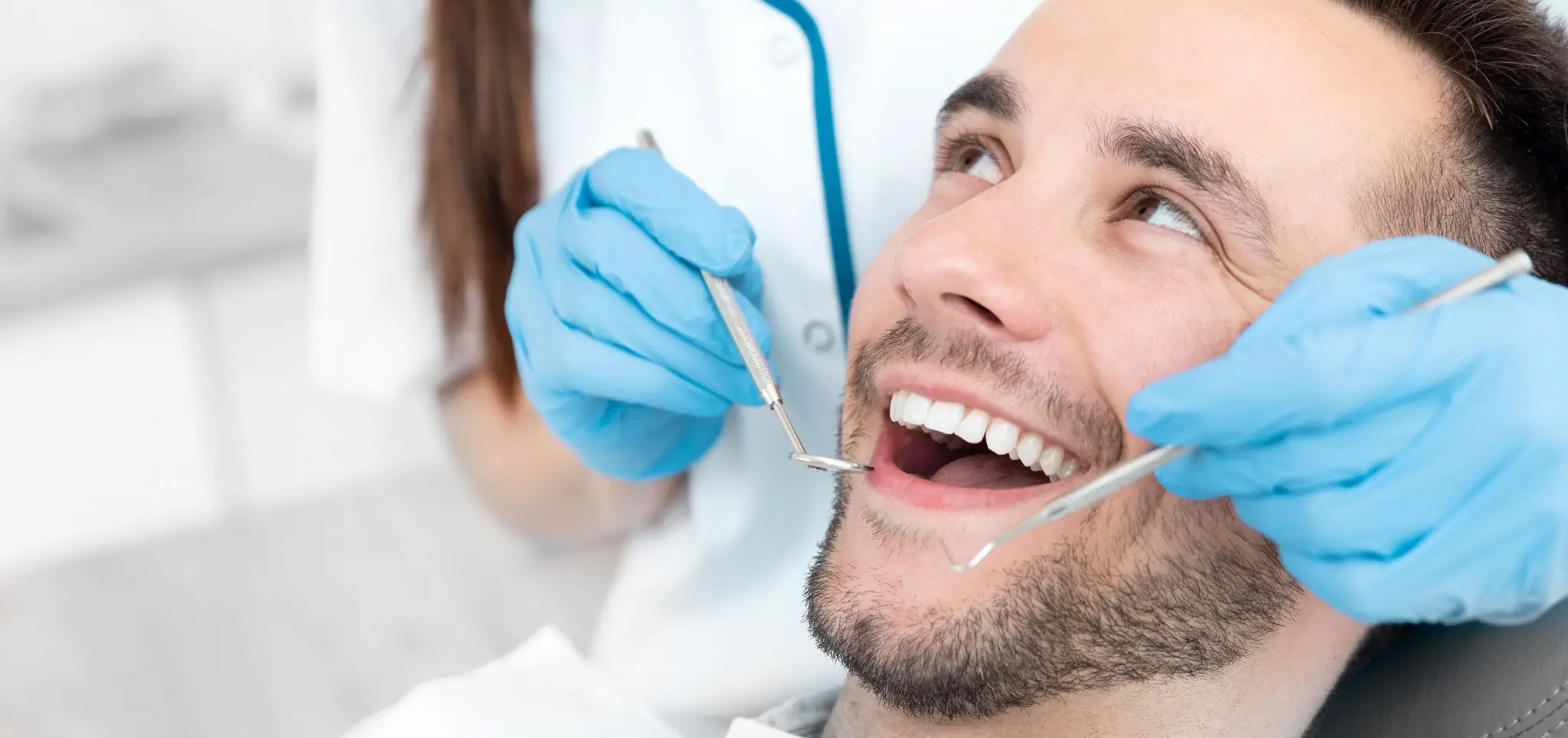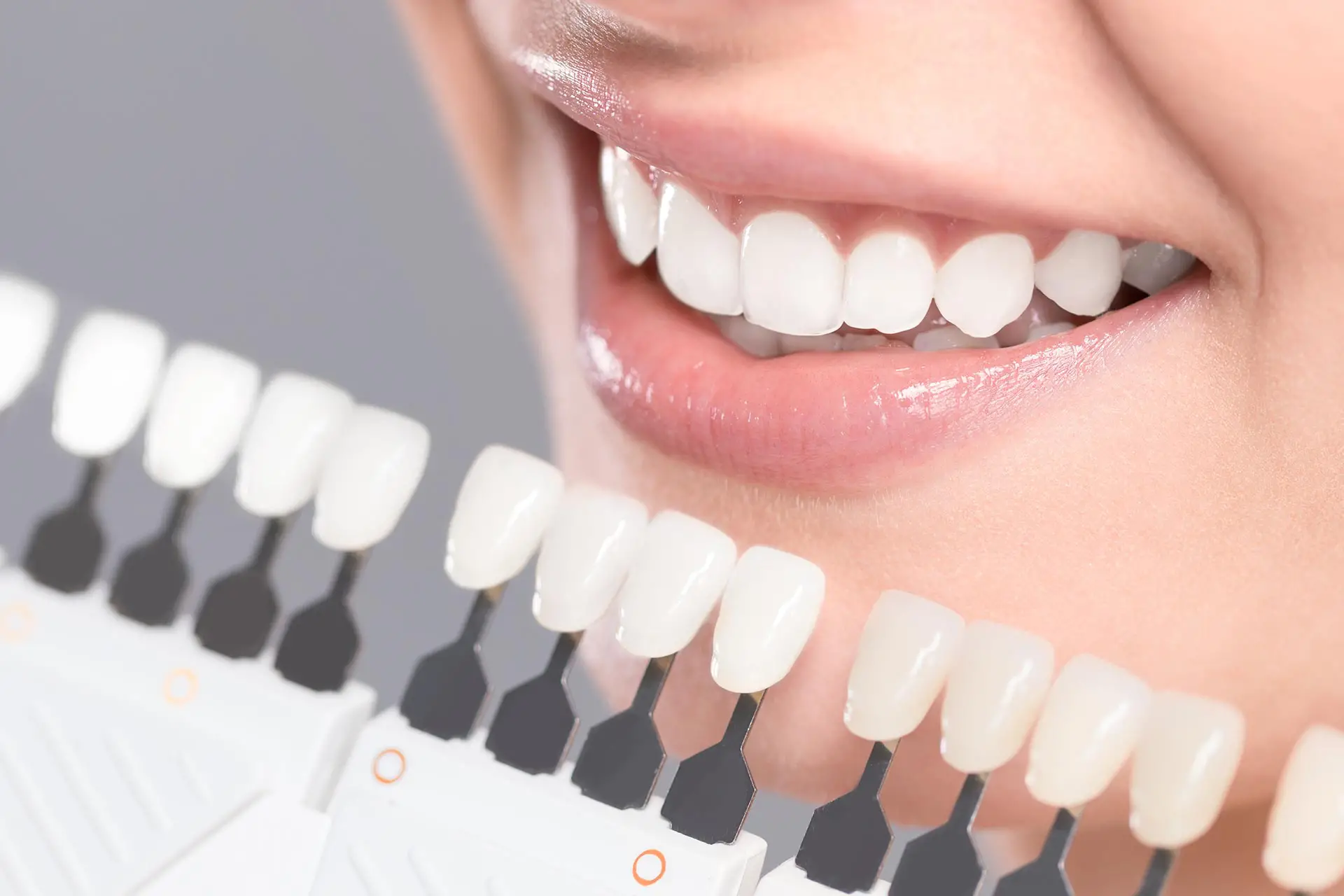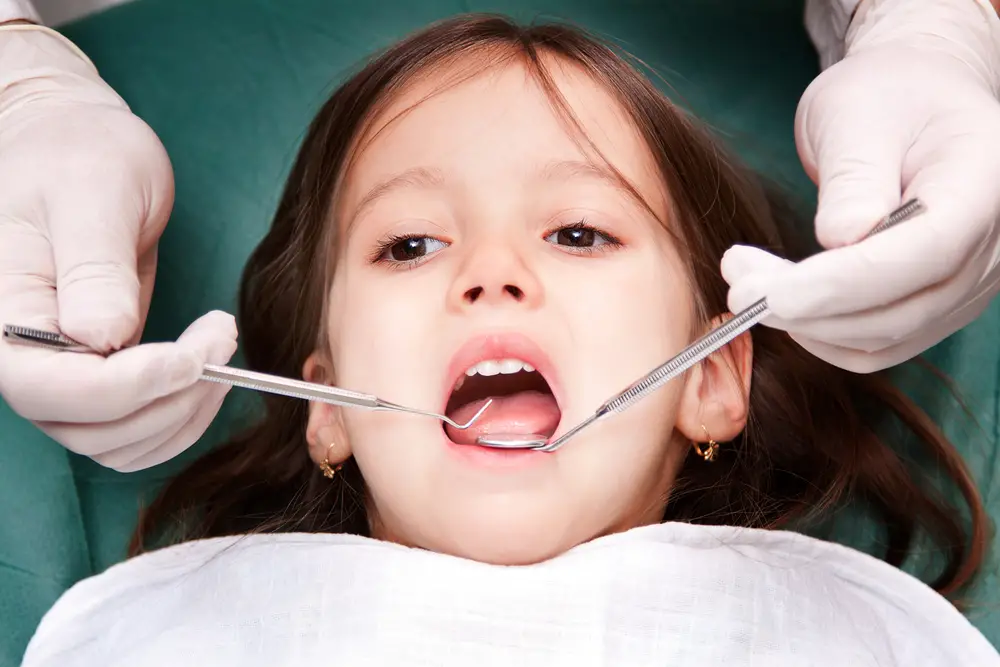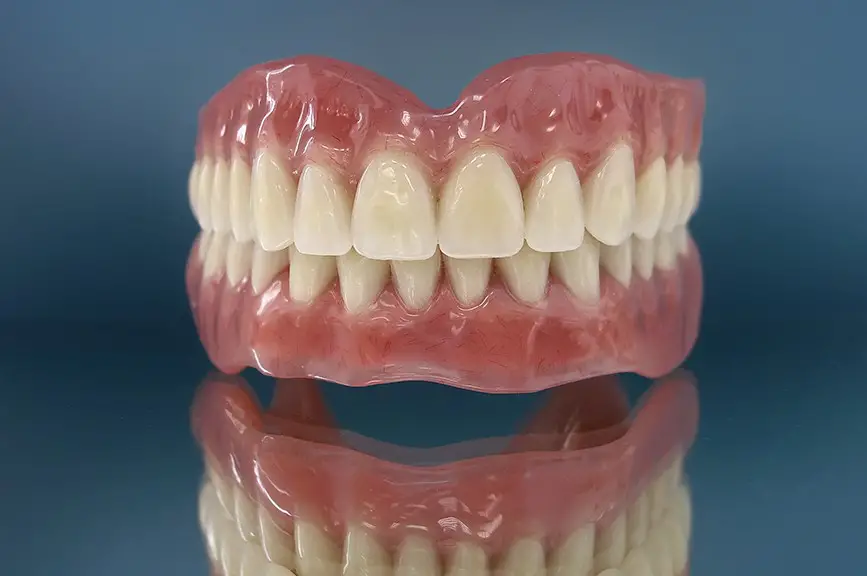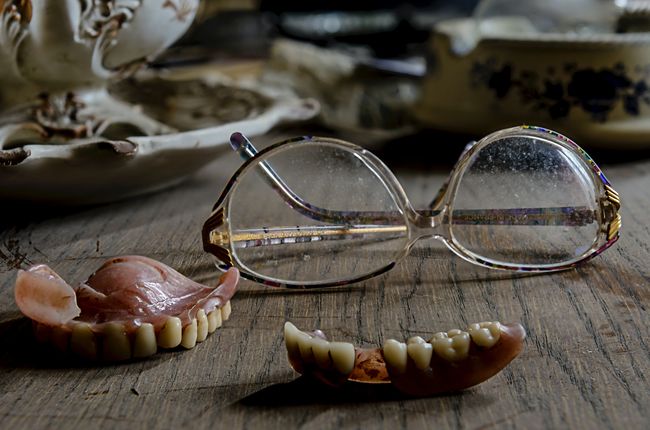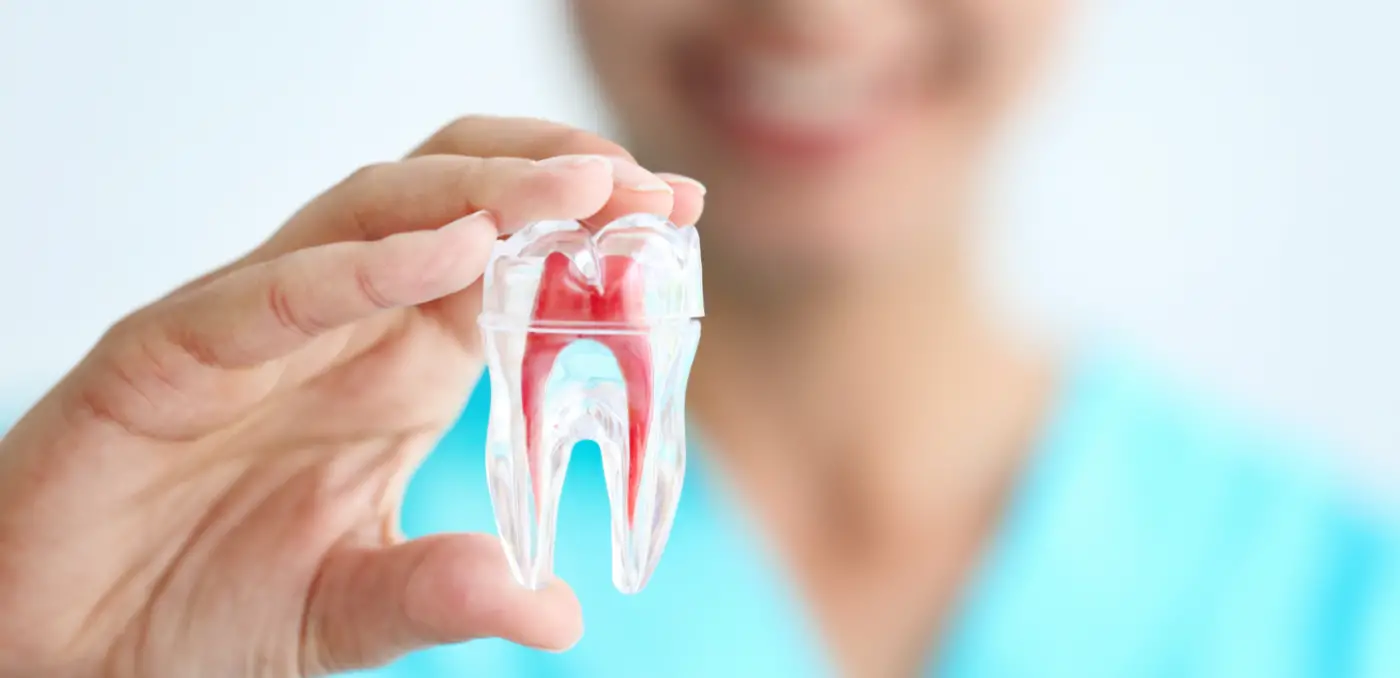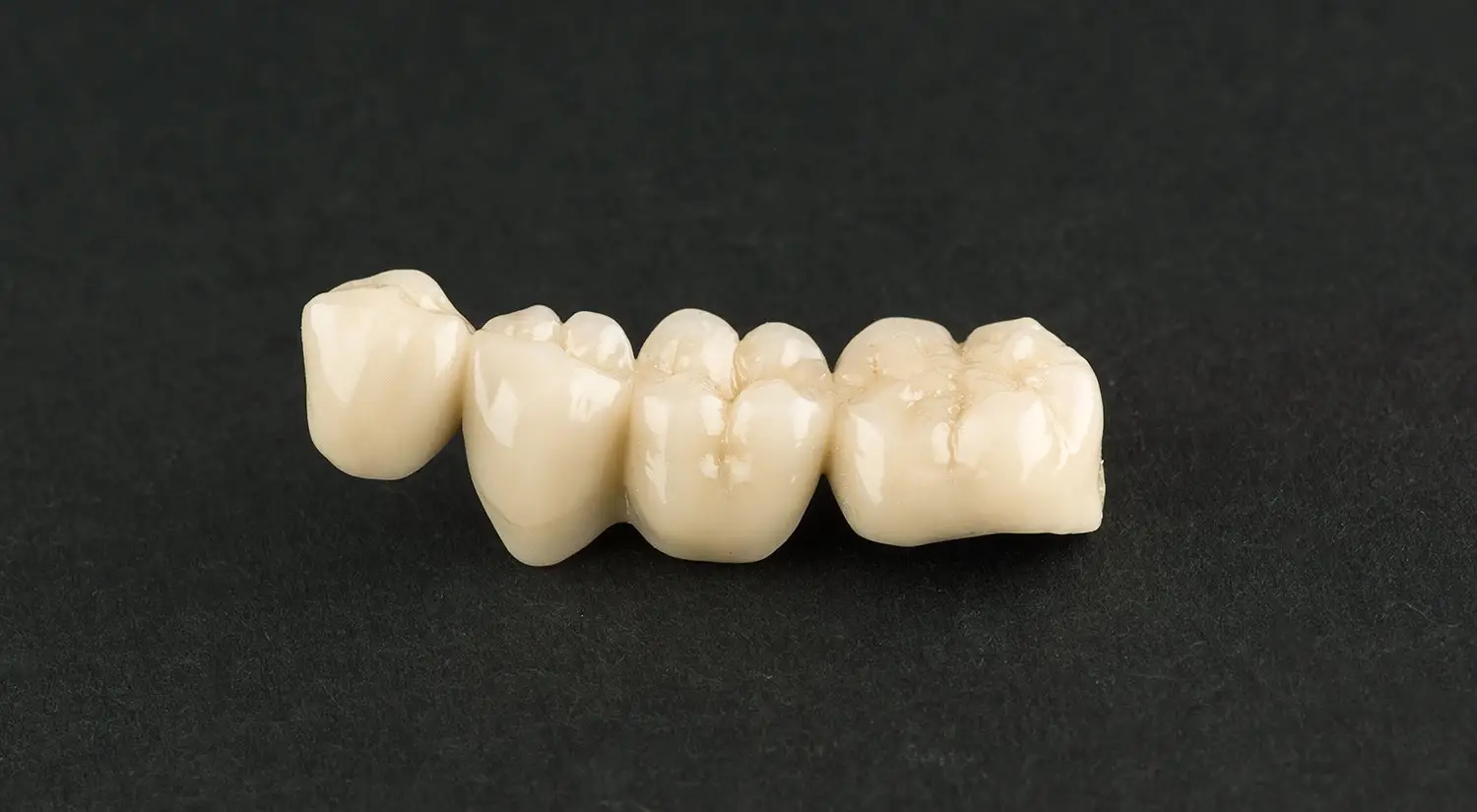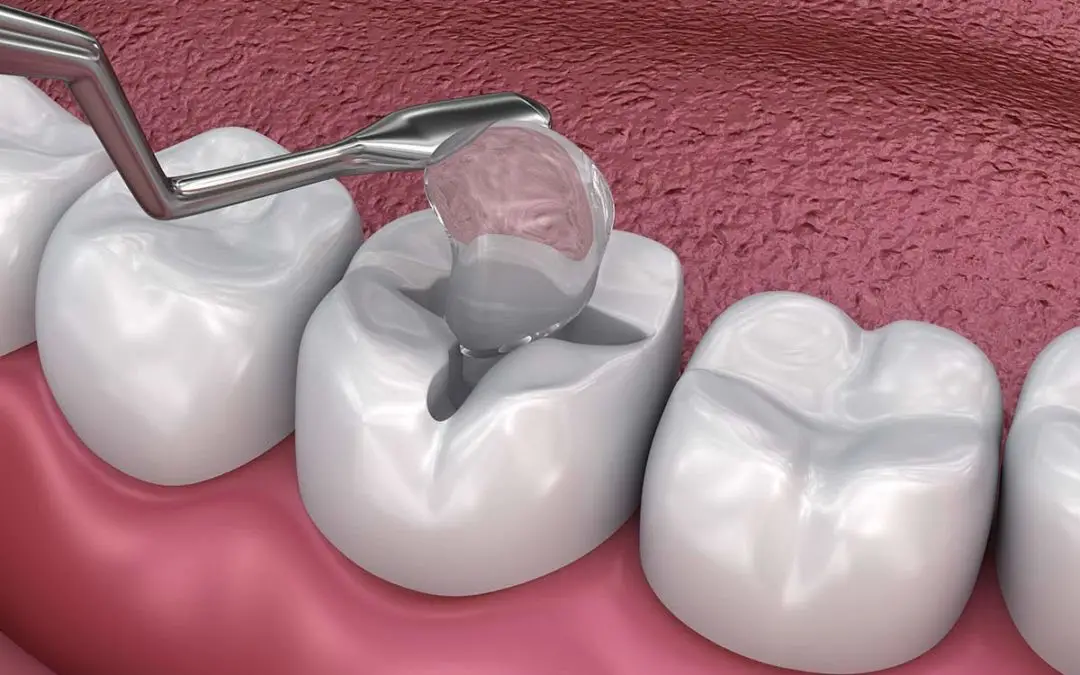When it comes to dental procedures, few things are as crucial as understanding the relationship between root canal therapy and dental crowns. If you've recently undergone a root canal, you might be wondering why your dentist has recommended a crown for your treated tooth. The truth is that this seemingly simple step plays an essential role in restoring both function and aesthetics.
Imagine having a tooth that was once painful transformed into one that's strong and healthy again. Crowns serve not just as protective covers but also enhance your smile's appearance. Whether you're in Lubbock, TX, or elsewhere, knowing the ins and outs of crowns can help ease any anxiety about future treatments. Let’s dive deeper into the world of dental crowns after root canal therapy!
Understanding Root Canal Therapy
Root canal therapy is a dental procedure that addresses infection and damage in the pulp of a tooth. The pulp contains nerves, blood vessels, and connective tissue. When this area becomes inflamed or infected due to decay or trauma, it often leads to severe pain.
During the treatment, your dentist will first numb the area around the affected tooth. Then, they create an opening to access the pulp chamber. Infected tissue is carefully removed, and the empty space is cleaned and sealed.
This procedure can save your natural tooth from extraction while alleviating discomfort. However, once a root canal is completed, additional support for the tooth may be necessary—this is where dental crowns come into play. They provide strength and protect against future fractures or complications that could jeopardize your oral health.
The Purpose of Dental Crowns After Root Canal Therapy
Dental crowns play a crucial role following root canal therapy. Once the infected tissue is removed, the tooth can become fragile. A crown provides strength and protection to ensure it can withstand daily use.
Crowns also restore the natural appearance of your tooth. After treatment, a discolored or damaged tooth may not match your smile. A well-fitted crown enhances aesthetics while maintaining functionality.
Furthermore, dental crowns help seal off any remaining bacteria inside the tooth. This added layer minimizes the risk of reinfection and promotes long-term oral health.
For those looking for optimal restoration in Lubbock, TX, choosing the right crown material matters too. Options range from porcelain to metal-based varieties, each offering unique benefits tailored to individual needs.
Investing in a dental crown after root canal therapy ensures that your teeth remain strong and beautiful for years to come.
Reasons for Needing a Dental Crown After Root Canal Therapy
After a root canal, your tooth can become fragile. The procedure removes infected pulp, leaving the cavity vulnerable to further damage.
- Dental crowns provide much-needed support. They act like a protective cap over the tooth, restoring its strength and functionality.
- Another reason for needing a crown is aesthetics. After treatment, your tooth may look discolored or misshapen. A crown can enhance its appearance, blending seamlessly with your natural teeth.
- Additionally, teeth that have undergone root canal therapy often require extra protection against future decay. Crowns seal off the treated area from bacteria and other harmful elements that could lead to complications down the line.
- In some cases, the size of any existing fillings might not be sufficient after treatment. A crown ensures that there’s adequate coverage and stability for long-term use.
What to Expect During the Procedure
During the dental crown procedure following root canal therapy, expect a few essential steps. First, your dentist will start by preparing the tooth for its new crown. This may involve reshaping the tooth to ensure a snug fit.
Next, they’ll take impressions of your prepared tooth and surrounding area. These impressions are crucial for crafting a custom crown that matches your bite perfectly.
While you wait for your permanent crown, which usually takes about two weeks to create, you may receive a temporary one. This helps protect the treated area until the final restoration is ready.
The application of the permanent crown involves using dental cement to secure it in place. Your dentist will check your bite and make any necessary adjustments to ensure comfort and functionality during everyday activities like chewing or speaking.
Throughout this process, communication with your dental team is key to managing any discomfort or concerns that arise. Contact us to learn more.
Types of Dental Crowns Used After Root Canal Therapy
When it comes to dental crowns after root canal therapy, you have several options. Each type offers unique benefits tailored to your needs.
- Porcelain crowns are popular for their natural appearance. They blend seamlessly with your existing teeth and provide a strong barrier against decay.
- Metal crowns, on the other hand, offer incredible durability. They're often used in back teeth where pressure from chewing is highest. While they may not be as aesthetically pleasing, their strength is unmatched.
- Ceramic crowns are another choice that combines aesthetics with resilience. These are ideal for front teeth due to their lifelike appearance while still being robust enough for everyday use.
- Resin-based crowns can also be an option but tend to wear down faster than other materials. They might suit temporary solutions or specific cases where cost is a concern.
Choosing the right crown will depend on various factors, including location in the mouth, aesthetic preferences, and budget considerations.
Caring for Your Dental Crown and Post-Root Canal Teeth
Caring for your dental crown and the teeth that underwent root canal therapy is crucial for maintaining oral health.
- Start with a consistent brushing routine. Use a soft-bristled toothbrush to gently clean around the crown and gums.
- Flossing daily is just as important. It helps remove food particles and plaque buildup in areas that brushing might miss. Be gentle while flossing near your crown to avoid dislodging it.
- Limit hard or sticky foods, which can put extra pressure on your crown. Chewing ice or hard candies should be avoided to prevent potential damage.
- Regular dental check-ups are essential too. Your dentist can monitor the condition of both your crown and surrounding teeth, ensuring everything remains healthy over time.
- Pay attention to any discomfort or changes you notice after getting a crown. Early intervention can make all the difference in preserving your smile’s integrity.
Conclusion
Dental crowns play a vital role after root canal therapy, providing essential protection and restoration to your tooth. The process of receiving a crown can feel daunting, but understanding its purpose helps ease any concerns. By reinforcing the structure of your treated tooth, crowns in Lubbock, TX, not only enhance aesthetics but also improve functionality.
As you embark on this journey towards optimal oral health, remember to follow post-treatment care instructions closely. This will ensure that both your dental crown and the surrounding teeth remain healthy for years to come. Regular check-ups with your dentist will help monitor the condition of your crown and overall dental health.
Choosing the right materials for crowns can significantly affect their longevity and performance. Discussing options with your dentist allows you to make an informed decision tailored specifically for you.
Taking these steps creates a strong foundation for maintaining good dental hygiene while enjoying all the benefits that come with having restored teeth. Embrace each aspect of this treatment as part of a larger commitment to preserving your smile's integrity and beauty in Lubbock, TX!
Dr. James Thurber DDS, located in Lubbock, TX, has modern amenities and the latest technologies that enable the best dental care facilities for patients. Call us at (806) 745-6644 and book a consultation with the dentist.

